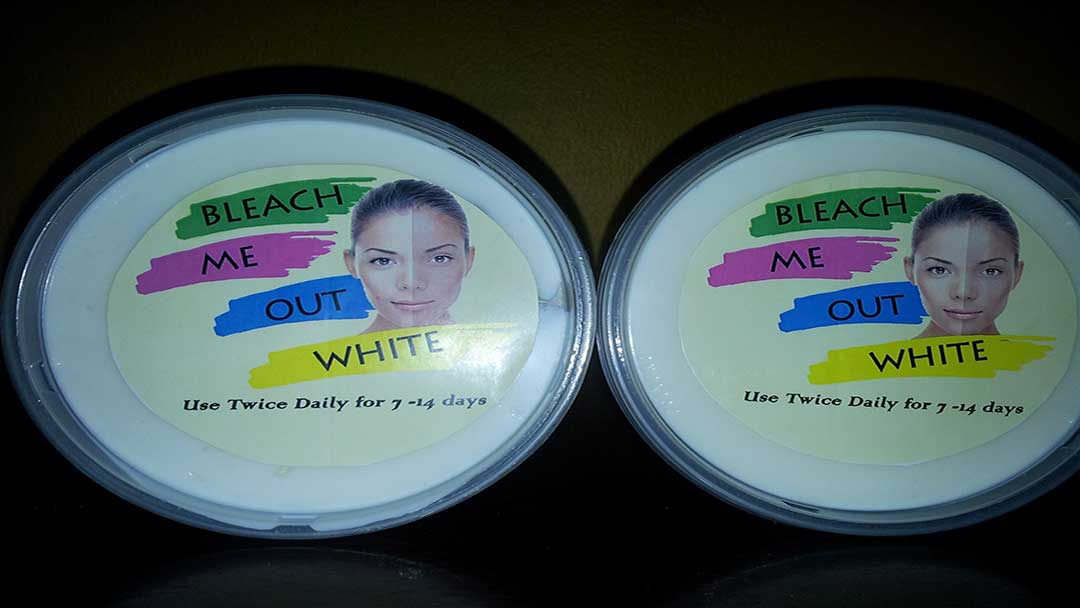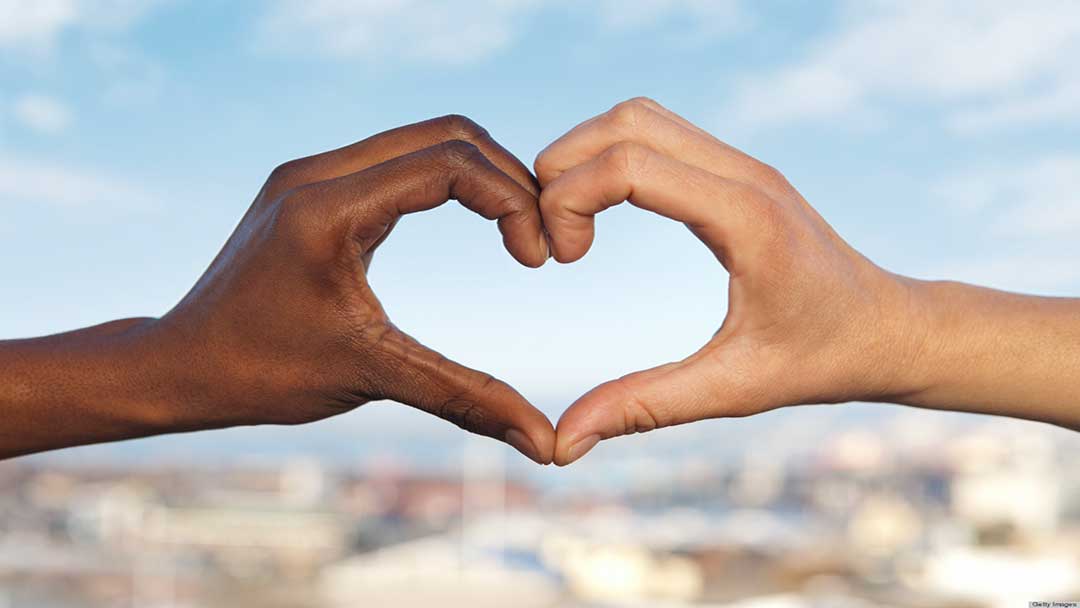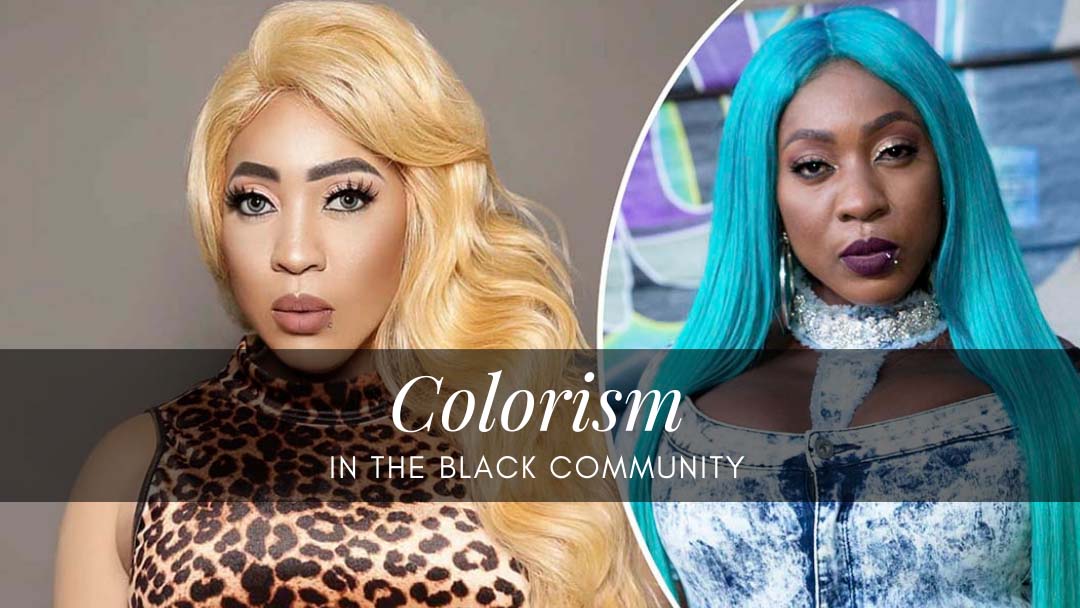Colorism in the black community is a serious issue. Starting in slavery it exists today causing division among our people. Jamaican dancehall artist Spice tackled the subject recently in her song ‘Black Hypocrisy’.
To promote the song she posted pictures with a much lighter skin tone. Social media went crazy and fans debated whether she bleached her skin. Her new image received mixed views with many showing support and many showing their disappointment.
However, after she dropped the music video to the song it all made sense. Spice used makeup and never bleached her skin. She wanted to create awareness of colorism in the black community. Spice was able to grab people’s attention and deliver a powerful message in her music.
I was impressed with her plan and the song as well. It delivered a message that we as black people need to hear. This message is about discrimination of darker skin people in the black community.
In this article, we will look at colorism in the black community.
What is Colorism
The question many of you may be asking is what exactly colorism is. Colorism is a product of racism. It is discrimination against people with a dark skin tone among people of the same race.
Colorism in the Black Community
This is discrimination among black people where light skin is more valued than dark skin. Light-skinned black people are favoured for employment, romantically and in social interactions. This in turn affects job opportunities, social mobility and causes a class system based on colour.
History of Colorism
Colorism has its roots in slavery and has been internalised by black people over years of oppression. Female slaves raped by slave masters would birth children of a lighter complexion. The children received better treatment compared to their darker brothers and sisters.
These light-skin children thought to be more intelligent and attractive because of their complexion received more privileges.They received a form of education, allowed to stay in the house and did not have to toil in the fields. This is where the term House Negro came from.
However, after slavery it did not end there. During the Jim Crow era in America the division continued. Light-skin blacks who were able to pass as white were able to receive higher education, decent paying jobs and safety.
In addition, they would distance themselves from the darker blacks. This was out of fear of society stripping them of their privileges and social status. It went as far as some disowning some members of their family. This may seem harsh but they were only trying to survive. However, this further deepened the divide and reinforced colorism in the black community.
Situations like this did not only exist in America but also the Caribbean, Africa, India and other parts of the world. In addition, with privilege many light-skin black people felt superior. The money and opportunities placed them in a higher class. Many lost touch with the struggles of their people.
The reality is that fair skin translates to beauty in most regions of the world. It does not matter if the facial features have flaws. The lighter you are the more beautiful. Colorism is the child of racism. The further away you are in appearance from the dominant group, the lower you are in social status.
Colorism and Employment

Years later we have made a lot of progress however; colorism in the black community still exists. A report completed by Harvard University had some serious but not surprising results. Dark-skinned blacks received a year and a half longer sentence compared to whites for the same offence. However, the light-skinned only received three and a half months in comparison.
A Virginia University study found that light-skinned Americans received preferential treatment in employment. This also affected wages as light-skinned blacks received on average $14.72 an hour and $588.80 weekly. However, dark-skinned made only $11.72 and $488.80 weekly.
A University of Georgia study showed that employers prefer light-skinned black men to dark skinned men, regardless of their qualifications. A light skinned black male with a Bachelor’s degree and typical work experience was preferred over a dark skinned black male with an MBA and past managerial positions.
Examples of colorism the media
Women have different experiences when it comes to colorism in the black community. Studies have found that dark skinned men are seen as alpha males, dominant with masculine features. However, women do not have such luck.
Beauty and sexual appeal often decide a woman’s worth in this sexist society. Therefore, because of colorism the lighter a woman’s skin the more beautiful she is. This dictates how far some women go in their careers and is obvious in the media.

The majority of black women in entertainment who reach the heights of success have light skin. Beyoncé’s father said in an interview with Ebony magazine that black singers are more likely to enjoy success if they have a paler complexion. In addition, he stated Beyoncé would not be as successful if she had been darker.
Furthermore, he said he used to date mainly white women or very high-complexion black women that looked white. This was because his mother used to say ‘don’t ever bring no nappy-head black girl to my house’. Statements like this I have heard in the Caribbean and I am sure have been said all over the world.
Artists such as Rihanna, Beyoncé, Nicki Minaj, Cardi B, and Alicia Keys have one thing in common their fair complexion. The truth is I love these artists they are very talented. However, many talented dark skin female artists do not get the recognition they deserve. In addition, in almost every hip-hop music video, you only see light-skinned or Latina women.
Rappers constantly rap about thick redbone women they prefer. There needs to be more representation of dark skinned women in the media. Many thick dark girls are just as beautiful and I think we need to see more of them.
This does not only apply to music but the movie industry as well. Casting agents tend to go after distinct kinds of black women. Light skin black women with features similar to Halle Berry, slim who fit European standards of beauty.
Spice – Black Hypocrisy
Spice is trying to point out colorism in her song black hypocrisy. We have been conditioned from children to think that the lighter your skin is the more beautiful you are. It is one thing for people of another race to believe this because that is the basis for racism. However we in the black community seem to believe it as well.
I admire her courage to speak on the issue because colorism in the black community is a topic we choose to ignore. In Spice’s song black hypocrisy she said;
They said I’m so black I’m shiny, until I look dirty
And it’s the only line in life that ever hurt me
Because it didn’t come from a Caucasian trust me
This is black colorism, black hypocrisy
These lyrics speak volumes to how we treat our own in our society. We are being racist to our own kind.Therefore, many people believe to advance in society and be seen as attractive you have to be a lighter complexion.
This has led many people to take matters in their own hands and try to lighten their skin by bleaching. Despite the health warnings from doctors, some have resorted to bleaching for social mobility. Skin bleaching is practised all over the world however, in countries such as Jamaica, America and India it is rampant.
Skin Bleaching in Jamaica

In Jamaica skin bleaching has reached ridiculous levels. Many men in Jamaica prefer women of a lighter complexion and refer to them as browning. This has led many women to bleach their skin to look more attractive to the opposite sex.
It has not helped that artists such as Vybz kartel with as much fame and influence in Jamaica promotes bleaching. One could argue that art is a reflection of real life and he merely sings about what is already happening. However, young impressionable minds in society are swayed by music.
In an article done on skin bleaching in Jamaica a lady by the name of Petal Carr gave her story. In the 90’s Buju Banton released a song called ‘Me Love Me Browning’. The song gutted Petal who was young at the time and always criticized for her dark skin color. To hear those lyrics from an artist she idolized made her feel even more insecure. She eventually started bleaching her skin.
I was impressed with this article from Marie Claire’s blog as it showed in detail the effects of colorism in Jamaica. I do not believe Buju Banton should necessarily take the blame, he wasn’t even singing about bleaching. What I am saying is that many black men are conditioned to like a lighter skin tone. Many females wanting to be accepted and loved hearing things like this in the media feel insecure.
Skin Lightening Industry Worth
While all this is going on the cosmetic companies are laughing all the way to the bank. According to Global Analysts the global market for skin lighteners will reach US $31 billion by 2024. A World Health Organization study found that 40% of Chinese women regularly use skin-lightening creams. In India, that number is 61% and 77% in Nigeria. As we can see this is a global problem not just limited to the black community.
Let me say this there is nothing wrong with correcting dark marks left by acne or other skin diseases to have an even skin tone. However, I believe bleaching your skin is not only dangerous but a rejection of your identity as a black person.
However, in a world that favors lighter skin it takes a strong person to stay true to themselves. A study done on skin bleaching found that people who were bleaching their skin had a lower self-esteem. However, I do not believe that not everyone who bleaches his or her skin suffers from low self-esteem. I think people simply see it as a means for social advancement and acceptance by society. Therefore, although it is something I would never do myself, I do not judge.
How to end Colorism

There needs to be more representation for people of colour in the media. This why movies like Black Panther are so important. It showed strong black male figures and strong black women. The dark skinned women showed a different kind of beauty with many having bald heads and wearing African inspired clothing. For once a super hero movie where people stood for justice with dark skinned actors.
We need to unite and support each other. We need to support more black owned businesses. If you want to see more diversity in films support movies with black lead roles. It all comes down to money at the end of the day. The reason Black Panther was a success is because millions of black people went out and bought tickets. In addition, we need to support more dark skin female artists by buying their music and going to their shows. Let us put our money where it matters.
Unity

One thing we must realise is light skin or dark the world sees us as black. The police have beat, shot and killed both light and dark skinned people. It does not matter how much money you have, how cultured or intelligent and successful. At the end of the day, the reality is that the world sees us as black and a lower class. In order to change the world’s perception of us we must first change our own.
The key to ending colorism in the black community is by looking within our own people. Whenever this discussion arises, we have chosen to focus on white people blaming the problem on white supremacy. However, while colorism is a product of white supremacy we have to change our perception of ourselves first.
This may sound cliché but black is beautiful. So many times, we have heard this but how many black people actually believe it. Just like the many colours of the rainbow so are the different shades of black in our race. Blessed with beautiful melanin we must realise how much of a blessing this is.
No matter the shade of our skin, we are one people. There are enough outside forces working against us to be fighting amongst ourselves. Until we stand united spiritually, economically and socially we will never end colorism in the black community.
What do you guys think of colorism in the black community? Do you believe it will end any time soon and what have been your experiences? Let us know in the comments below.
